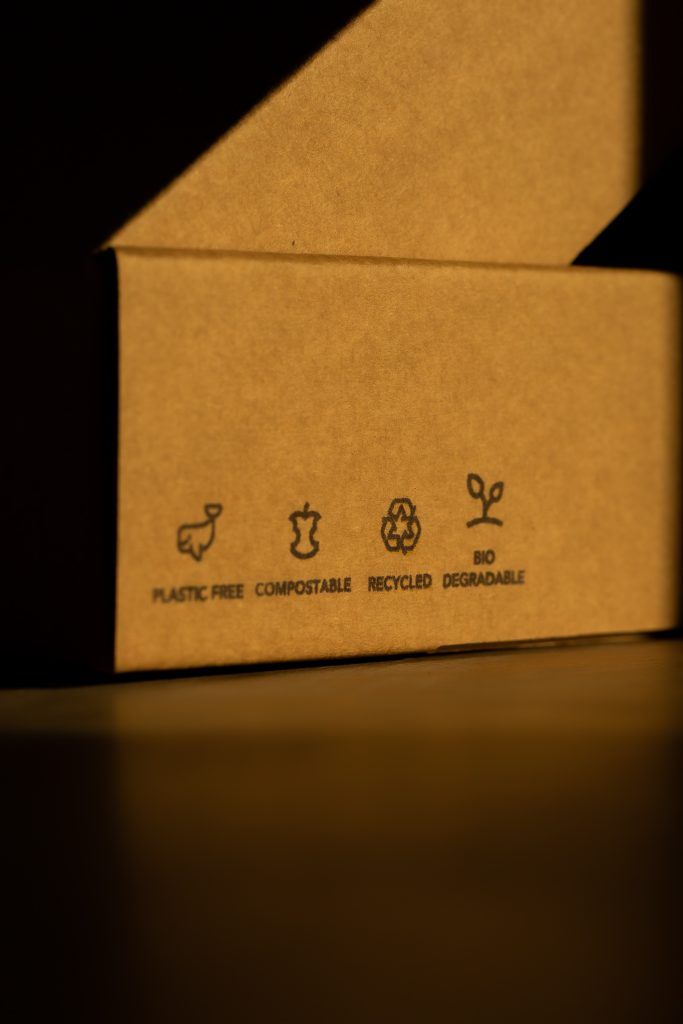The Council has adopted its position (‘general approach’) on the proposed regulation establishing a framework for setting ecodesign requirements for sustainable products.
The new regulation will replace the existing 2009 directive and enlarge the scope to set environmental sustainability requirements for almost all kind of goods placed on the EU market. It establishes a Digital Product Passport and sets out rules regarding transparency about and prohibition of the destruction of unsold consumer goods.
The Council position improves the framework for the Commission empowerment on the setting of ecodesign requirements and reinforces the ambition of this regulation through a direct ban on the destruction of unsold textiles (with an exemption for micro and small enterprises and a transition period for medium sized companies). It excludes motor vehicles from the scope of the directive and gives companies a minimum time to adapt to new requirements coming from the Commission.
Eco-requirements and digital passport
The ecodesign regulation will be applicable to almost all categories of products. It establishes a harmonised framework for setting requirements for specific product groups to make them both energy- and resource-efficient (as was the case in the existing 2009 directive) but more durable, reliable, reusable, upgradable, reparable, recyclable and easier to maintain. The Commission can propose new requirements through delegated acts when new kinds of products or technologies require it.
The regulation also aims to facilitate the movement of such products in the Single Market. A new “Digital Product Passport” will provide information about products’ environmental sustainability. It will help consumers and businesses make informed choices when purchasing products and help public authorities to better perform checks and controls. The proposal also establishes provisions on transparency and prevention of destruction of unsold consumer products and green public procurement.
The Council’s position
The Council position clarifies how member state experts, but also other stakeholders such as industry, should be involved when the future ecodesign requirements are developed. It also clarifies the criteria and aspects that should be considered before ecodesign requirements are developed.
The general approach introduces a direct-ban on the destruction of textiles, footwear and apparel, with a 4-year exemption for medium-sized companies, and a general exemption for small and micro companies. The ban tries to reduce the environmental impact of clothes or accessories that are produced but never used, particularly since the rapid growth of online sales. This amounts to a loss of valuable economic resources as goods are produced, transported, and afterwards destroyed without ever being used for their intended purpose.
The Council position excludes motor vehicles from the groups of goods covered by this directive, since specific laws address the environmental impact of automobiles.
Finally, the general approach of the Council provides a minimum transition period of 18 months after the entry into force of the delegated act setting out ecodesign requirements before it starts applying, thus giving economic operators time to adapt to the new requirements. Member states are also given 2 years to adapt and adopt the necessary national measures, including those relating to market surveillance and fines.
More information: EU Council







Leave a Reply